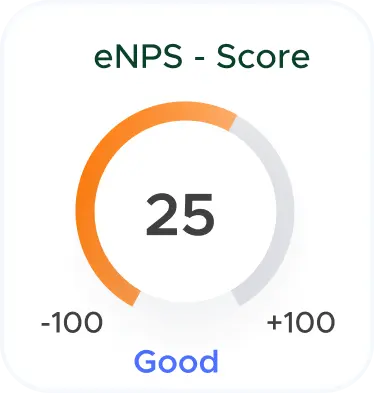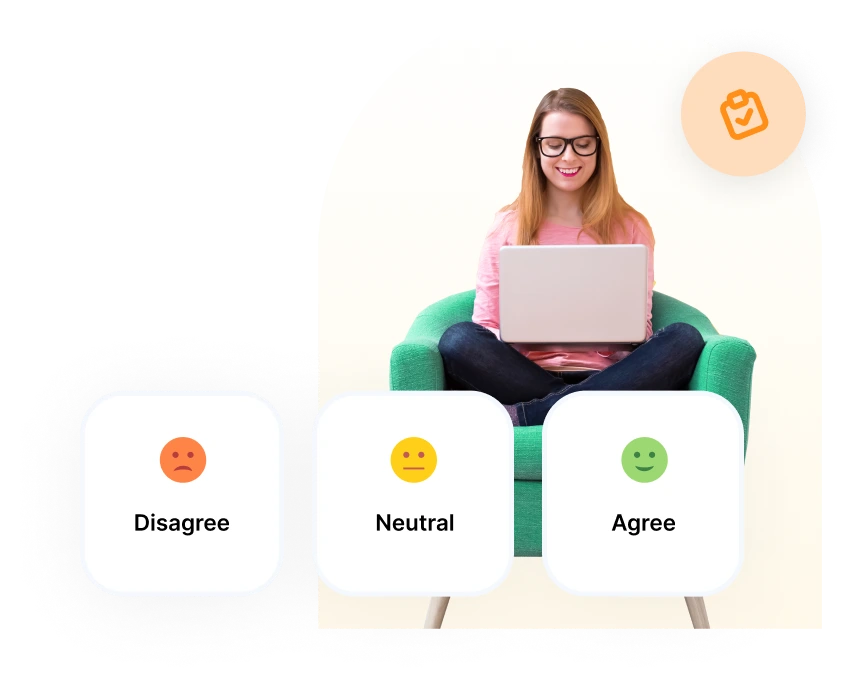Holiday Rewards
Holiday rewards help in enhancing customer loyalty and satisfaction, as customers feel appreciated and valued for their patronage. It’s a festive way for businesses to give back to their customers and celebrate the holiday season together.
The aim of holiday rewards is to encourage customer engagement and increase sales during peak shopping periods. They provide an opportunity for customers to maximize their benefits while shopping for holiday gifts and necessities.
What are holiday rewards?
Holiday rewards typically refer to incentives, bonuses, or special offers provided by businesses or organizations during holiday seasons. These rewards can come in various forms, such as discounts, freebies, loyalty points, or exclusive deals.
Many retailers, airlines, hotels, and other businesses offer holiday rewards to attract customers during peak shopping seasons like Christmas, Thanksgiving, Black Friday, Cyber Monday, and other festive occasions.

.svg)













.svg)



.svg)
.svg)